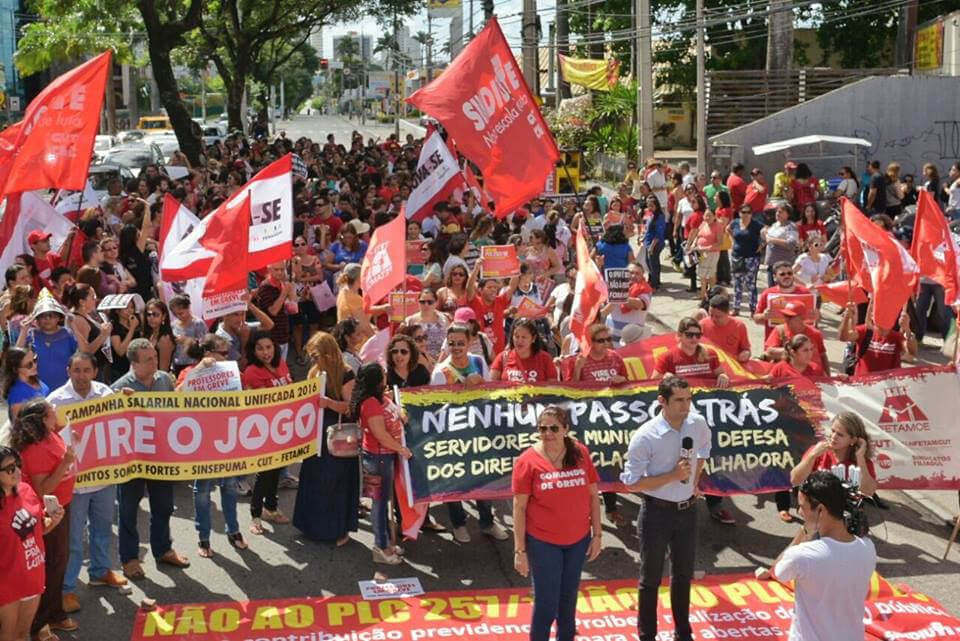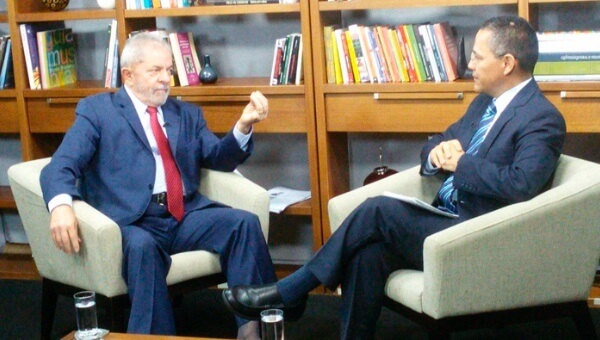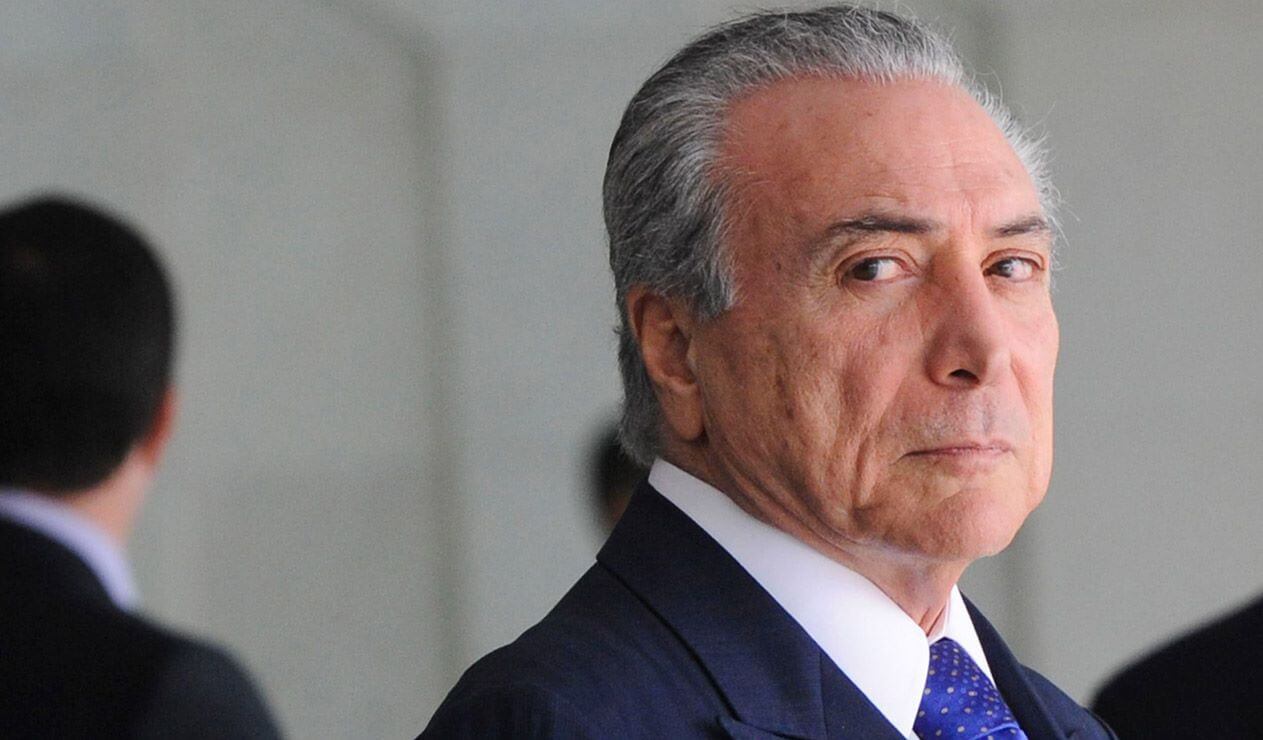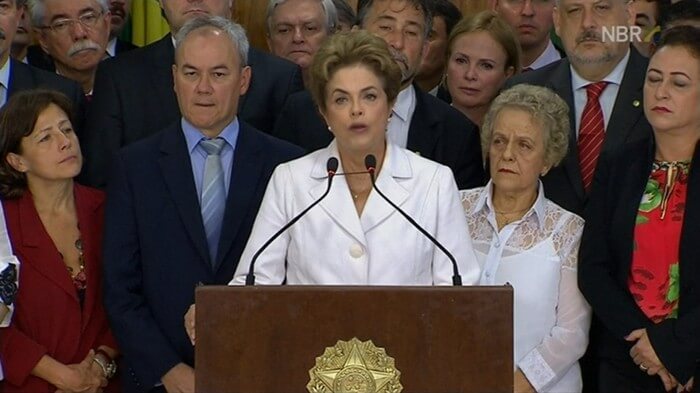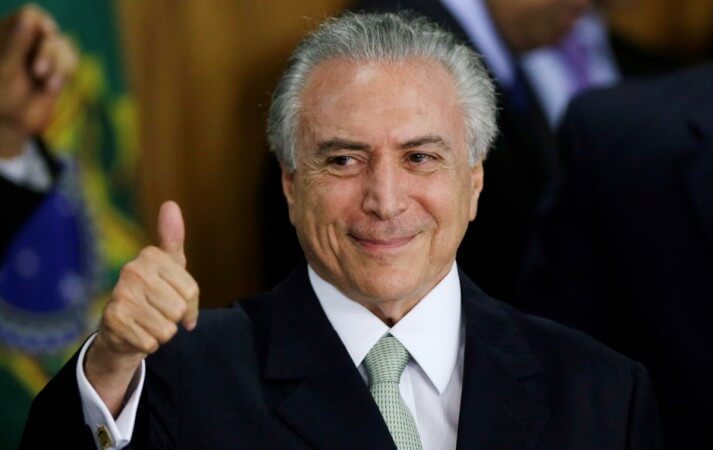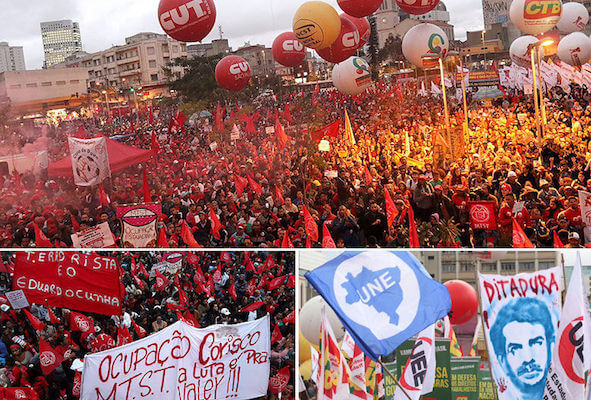By Pedro Rafael Vilela / Source Agência Brasil / The Dawn News
Accused of leading the coup, Temer arrives to power by breaking the democratic order and threatening social rights. Political scientists analyze the political scenario in Brazil.
With the confirmation that Dilma Rousseff will be temporarily removed from her post by the Federal Senate, Brazil writes one of the most dramatic chapters of the ongoing political crisis, but it’s far from being the last one. Now begins a phase of more instability and uncertainties, that can further worsen the political and social scenario.
The main characteristic of the current juncture is the rupture of the democratic order through the process of impeachment. For political scientist Aníbal Pérez-Liñan, professor of the Pittsburgh University, US, the fact that there is no solid basis to overthrow a democratically-elect President is a sign of social instability without precedent.
“The new government won’t have any type of electoral legitimacy because it wasn’t elected, the economy will remain in crisis, and scandals will continue to exists and affect part of the new government, which means that the public opinion will still be outraged”, said Pérez-Liñan in an interview with the O Estado newspaper of Sao Paulo.
For the researcher, “the impeachment is simply an excuse for the Congress to overthrow the President, and it is supported by the public opinion because the President is unpopular”, then “the impeachment begins a cycle of instability that doesn’t end with the outage of the President”. Pérez-Liñan refers to Ecuador as an example: in just a decade (1997-2007), no less than six presidents were ousted in the country, one of them, Abdullah Bucaram, elected in 1996, criticized the corruption and was deposed the following year by the Congress, which declared him mentally unfit.
Professor of Political Science Francisco Fonseca, of the PUC/SP and the Getulio Vargas Foundation of Sao Paulo, has a similar view. According to Fonseca, the legitimacy is even more compromised because Temer will govern with parties and political sectors that had been defeated in the 2014 elections, such as the Brazilian Social Democracy Party (PSDB), the Democrats (DEM) and the Popular Socialist Party (PPS).
Fonseca quotes the two main projects of Temer’s government and his party the Brazilian Democratic Movement Party (PMDB), which are called “Bridge for the Future” and “Social Journey”. Both were presented when the impeachment against Dilma Rousseff was in process. “A part of the middle class that went out on the streets demanding the impeachment quickly regretted it. The organized workers have no doubt that these programs represent a real threat to social and work rights”.
According to the Professor, the new government is going to promote projects to weaken labour regulations (through the outsourcing of workforce), put an end to the policy that increased the minimum wage, decrease all salaries, and cut social programs for access to higher education and reduction of poverty, to name a few.
In addition, he predicts an escalation in protests repression. “This administration can only govern based on illegality and violence”. The persecution against leaders of popular movements and political militants that criticize the new government is increasing. Recently, a Professor of Law at the Federal University of Minas Gerais, María do Rosario Barato, was pressured by the Federal Police to provide details on her alleged political militancy in the University and in unions and parties. Being a foreigner, she could be sanctioned and even lose the right to stay in Brazil.
Fonseca also mentioned Brazil’s “international isolation” after this coup. “Even the OAS and the Inter American Court of Human Rights have expressed the concern of the international community about the anti-democratic events that are taking place in the country, enabled by the strategic silence of the United States”.
To Fonseca, the North American government is interested in the fall of Dilma Rousseff so that it can clear the way for international oil companies to exploit the Pré-Salt fields. Michel Temer’s government will change the legislation to facilitate selling national oil reserves to foreign companies, mainly from the US. These companies demand, daily, 25 thousand million oil barrels —more than the all the other nations in the world combined.
